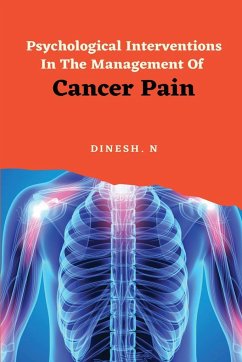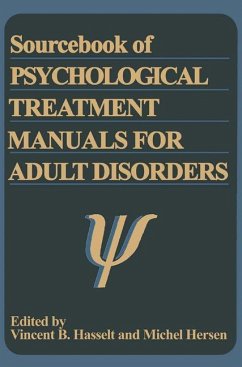Current cancer Pain management programs predominantly address the sensory and nociceptive aspects of pain though it is construed as a multidimensional concept having affective and cognitive components. Majority of the existing studies are outcome related neglecting the large number of process variables which include pain cognitions, Coping, Quality of Life, death anxiety etc. which are believed to have a moderating effect on cancer pain experience. Cancer pain syndromes originate either as a result of disease or treatment. Intervention for pain in adult cancer patients has centered almost exclusively on chronic disease related pain. There is a dearth of studies on acute treatment related pain. More over psychological intervention for cancer pain are characterized by lack of control groups, by small sample size and by failure to use both quantified measures of pain and to investigate process variables.
Bitte wählen Sie Ihr Anliegen aus.
Rechnungen
Retourenschein anfordern
Bestellstatus
Storno








